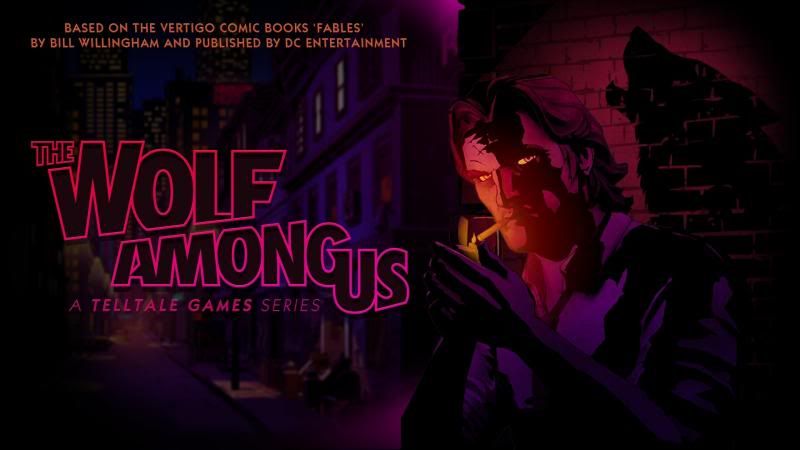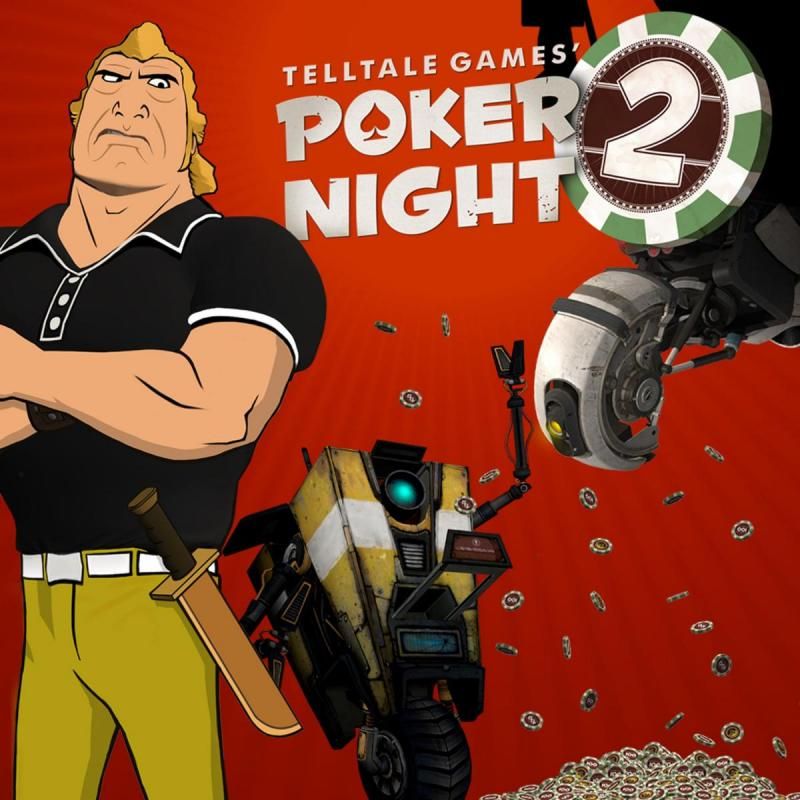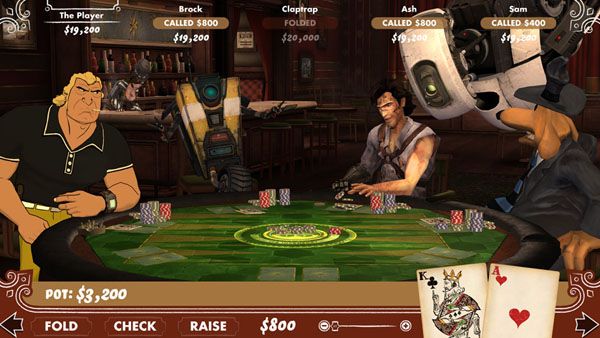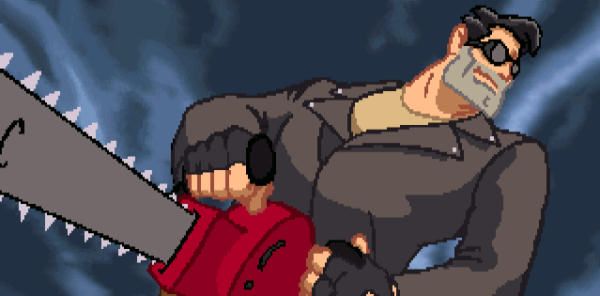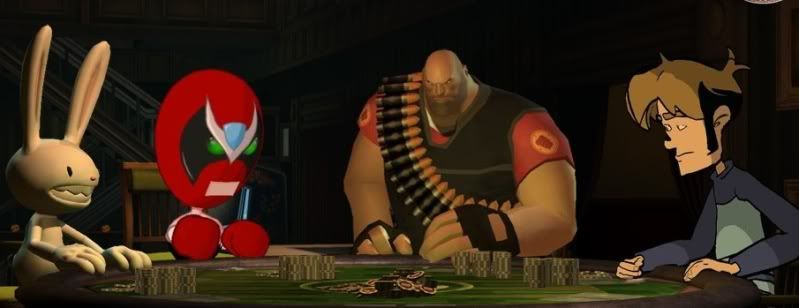
When it comes to game design, I understand that it’s difficult to craft an experience that’s unique to every player. If all goes well, your game is going to be played by more people than you can imagine. When it comes to video games, you’re likely to have a protagonist and, if they’re not silent, they’ll have a personality. The challenge comes in when you cast that personality in such a way that it can be altered by things the player chooses to have the say or do. What motivates these choices? How do other characters react? And what impact will these choices have on the future?
Case in point: Bigby Wolf, from Telltale’s Fables adaptation, The Wolf Among Us. I just finished my first play of Episode 3, “A Crooked Mile”, and while this definitely feels like both a more substantial episode than the previous one and the right sort of complication the tale needed to maintain steam, something is bothering me. Bigby, as given in the beginning, is a somewhat gruff character. He’s not given to social graces for the most part, is viewed with either fear or distrust by most, and has a reputation of letting his temper get the best of him. I like this as a backstory, but not necessarily as a rule. Bigby now lives in a world of skyscrapers and concrete, a very different forest than that of his past. Would he really be so obstinate as to not change?
For my part, I think he would not only need to change, but he’d want to. Wolves are territorial, and Fabletown is Bigby’s beat. He’s been through enough to understand that he can’t just huff and puff his way through his situations. He has people he admires and others he wants to make amends towards, to ensure the past does not repeat himself. This guides the choices I make throughout the game.
What bothers me is that these choices do not feel entirely significant.
While the messages that tell me certain characters will remember things I say or do remain effective, it still feels like certain conclusions are foregone, if not inevitable. As much as I am allowed to choose my path both through the game’s branches and as dialog continues, all roads tend to converge in the same way. The story being told is by no means bad, but my impact upon it, both as a player and as Bigby, has yet to feel truly substantial, save for one or two fairly big decisions.
I still dig The Wolf Among Us enough to see it through to the end. The art direction, music, voice acting, and overall storytelling remains exemplary. The Bigby I am playing, however, does not feel terribly distinct from how he might be played by another individual. This is a complex character with deep emotions and individual, variable motivations. He can, and should, have modes of behavior and operation other than just huffing, and puffing, and blowing your house down.

